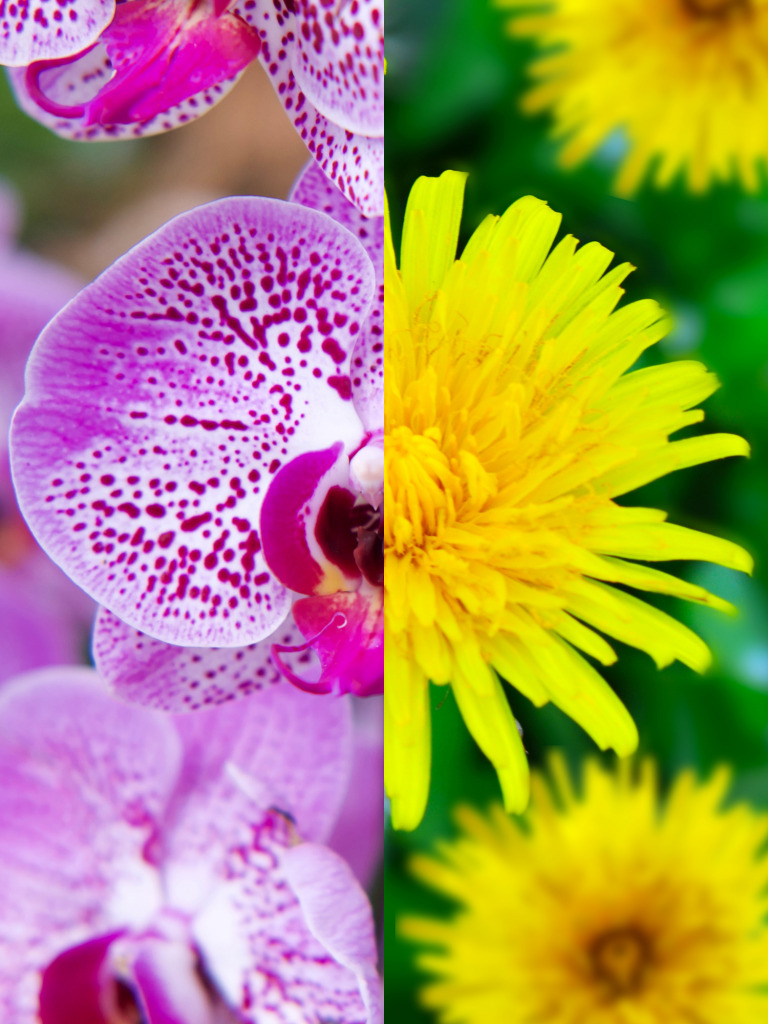Episode 44: Show Notes
Every child is unique, and it has long been our philosophy that every child should be parented on an individual level, according to their specific needs. Today on the show we discuss the concept of the orchid child and the dandelion child, based on the research from Dr. Thomas Boyce’s book The Orchid and the Dandelion: Why Some Children Struggle and How All Can Thrive. Tuning in you’ll learn about some of the characteristics that define an orchid child, versus a dandelion child. While dandelions can grow almost anywhere, orchids need very specific conditions to thrive. Similarly, dandelion children are much less sensitive to the stressors of life than orchid children. In our conversation, we discuss what it’s been like raising both orchid and dandelion children, some of the conditions that can help orchid children thrive, and how to relate to an orchid child if you yourself are a dandelion. We delve into how the fight-or-flight response can be triggered in children, the role of the stress hormone cortisol, and some of the long-term health effects that can come with a heightened sensitivity to stress. We also discuss the role that shame and stigma play in supporting our children and friends who struggle with mental health, and why we’re least likely to ask for help when we need it most. To learn more about this important topic and how best to support your orchid child, make sure you tune in today!
Read The Full Article Here:
Parenting ‘Orchid’ Children Versus ‘Dandelion’ Children
Key Points From This Episode:
-
Introducing today’s topic about parenting and Dr. Thomas Boyce’s book The Orchid and The Dandelion.
-
Examples of unintended neglect in parenting and the long-term impact that can have.
-
The difference between orchid and dandelion children.
-
How dandelion children are more resilient while orchid children are more sensitive.
-
Why dandelion and orchid children need to be parented differently.
-
The importance of having an individual approach to parenting each of your children.
-
What Dr. Boyce’s study revealed about stress responses in children.
-
The flight-or-fight response in children, the release of cortisol, and how it affects their learning abilities.
-
Some of the health issues that can arise from stressful environments.
-
Why orchid children are more sensitive to stress and the long-term effects this can have on their health.
-
How to support and parent an orchid child.
-
The differences between adults who are more sensitive and less sensitive, and how you can build resilience.
-
How to understand your orchid child if you aren’t sensitive in the same way.
-
Kelly’s experiences with raising an orchid child and the important lessons it’s taught her about humility and mental health challenges.
-
Why we’re the least likely to reach out when we need help the most.
-
Why we create content to connect rather than create an image of a perfect life.
-
How to support your orchid child and push them out of their comfort zone a little bit.
-
The importance of meeting your child where they’re at and making them feel loved for who they are.
-
The energy and hard work that it takes to parent as your full authentic self.
Tweetables:
“When you have an Orchid child, you don’t necessarily try and force a dandelion type of personality on them. You adjust and specifically address them in that fashion. Don’t try to push being a dandelion on them, because it’s easier for you.” — Megan Block [0:15:08]
“If you have orchid children, what do you do? I know that my orchid children do best when they have a routine that they’re familiar with and that they know what to expect from day to day.” — Kelly Castillo [0:21:05]
“I had no mental health issues, I had no addiction issues, it was never something that I had faced, but having someone that you love more than anything in the whole world, dealing with those is humbling. It teaches you a lot about the frailty of human nature” — Kelly Castillo [00:37:50]
“All we all want as people is to feel seen and heard and feel loved for who we are. So, any time we’re trying to change our child’s nature is probably a time to reevaluate” — Kelly Castillo [0:57:18]
“We definitely want to make sure we tailor our responses to the individual child and their needs.” — Kelly Castillo [01:00:26]
“If you have more than one child and you have other commitments in your life, this is hard work. It takes a lot of emotional energy to parent with your fully present self and let go of how you were parented and let go of trauma and let go of other stuff going on in your life.” — Kelly Castillo [01:00:34]
Links Mentioned in Today’s Episode:
The Orchid and the Dandelion: Why Some Children Struggle and How All Can Thrive
Running on Empty: Overcome Your Childhood Emotional Neglect
She’s A Full On Monet on Twitter
She’s A Full On Monet on Instagram
She’s A Full On Monet on Facebook
She’s A Full On Monet on YouTube
She’s A Full On Monet Discussion Board Facebook Group


